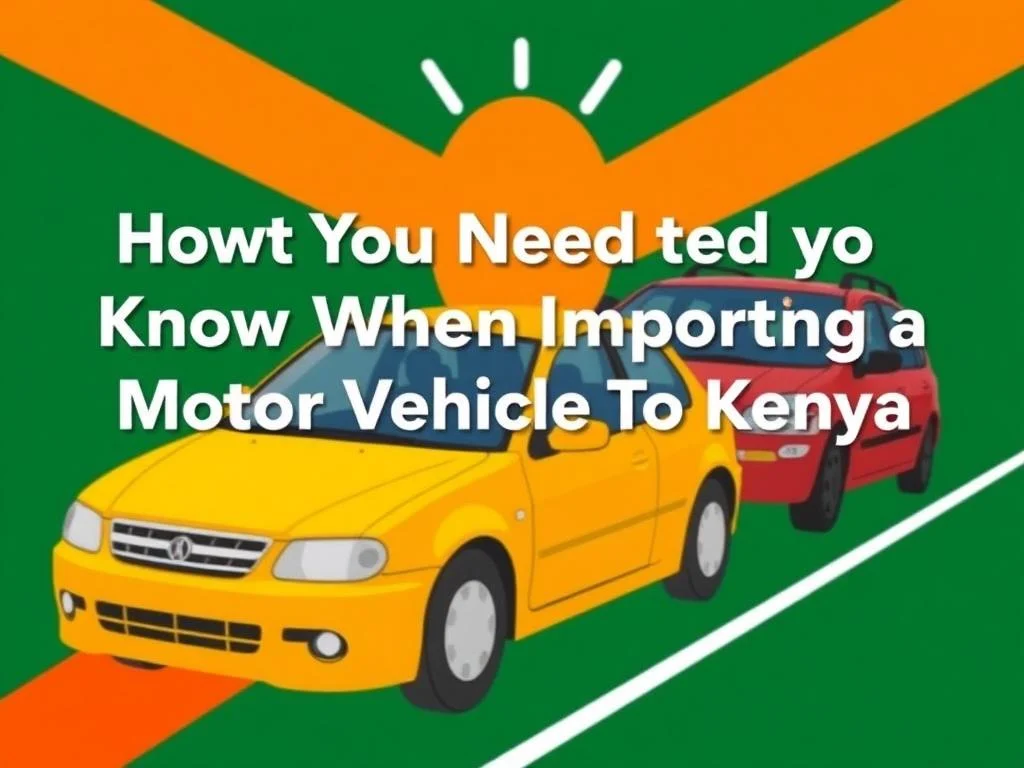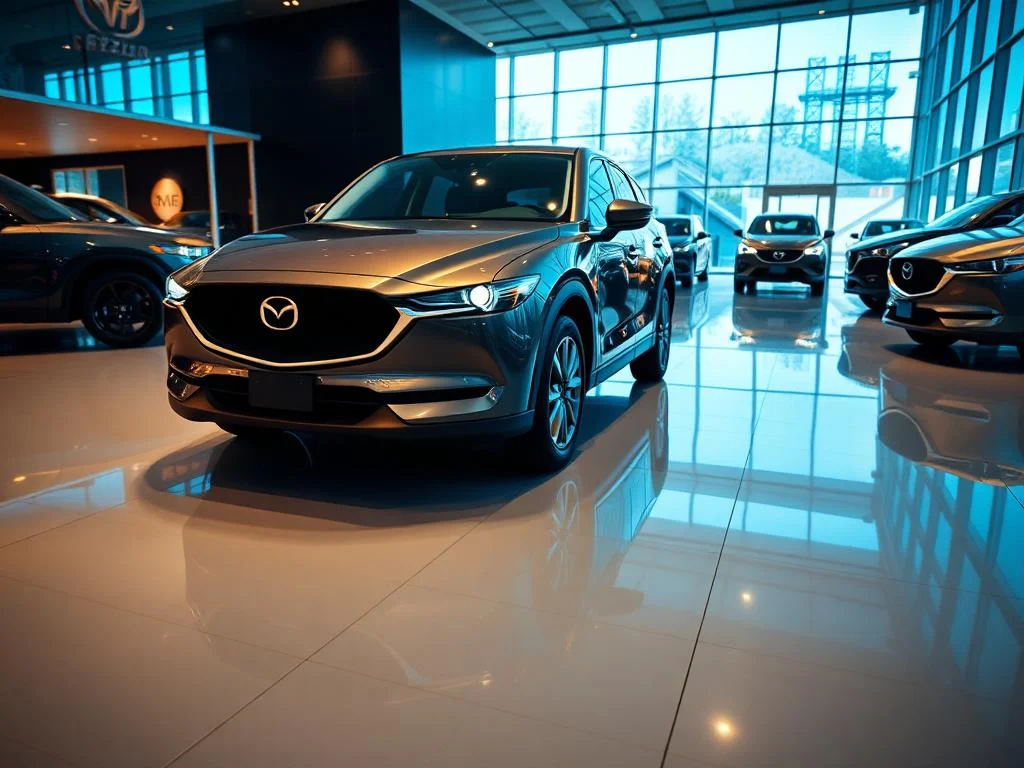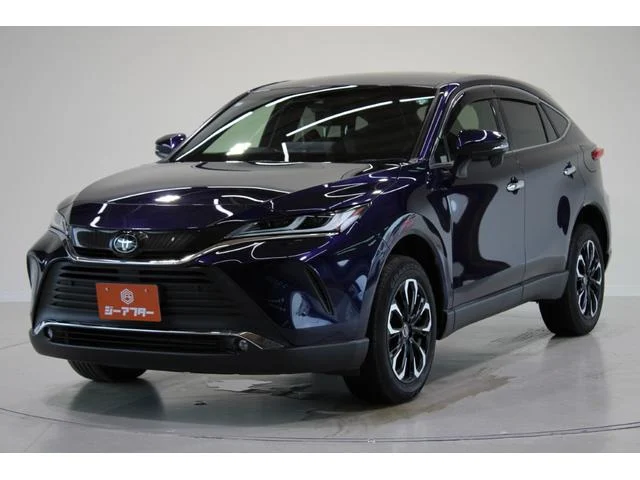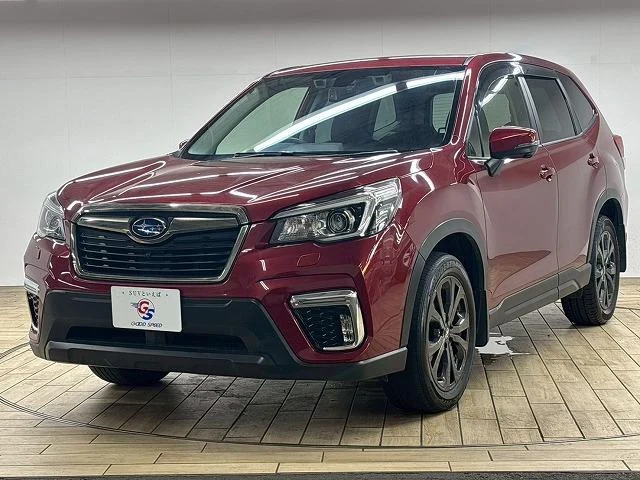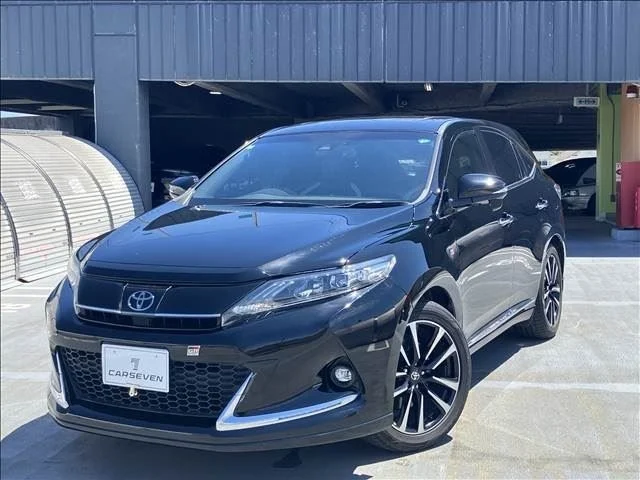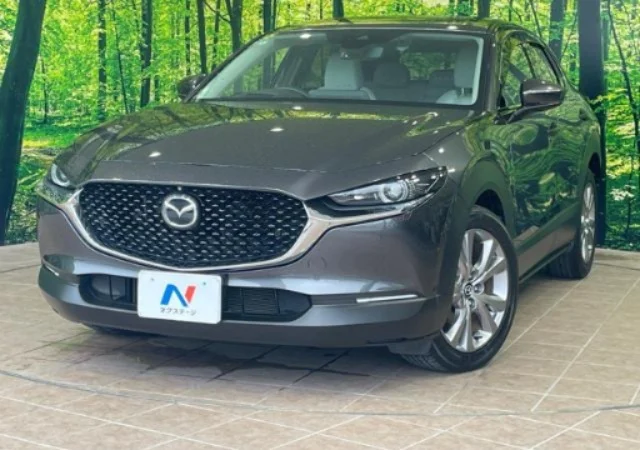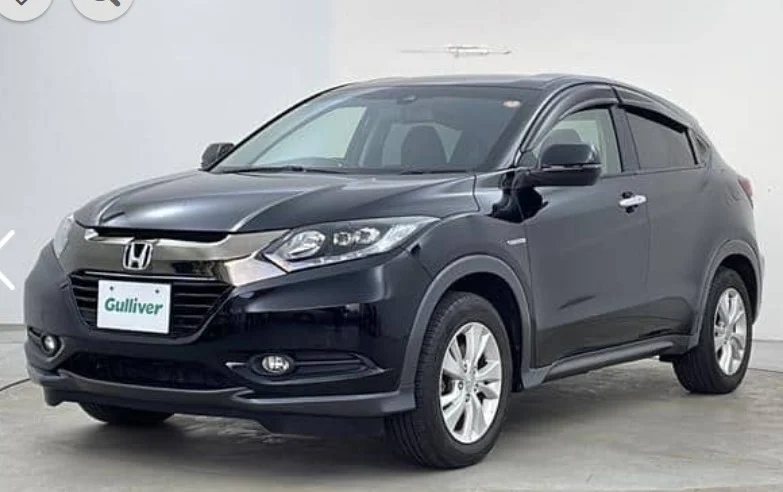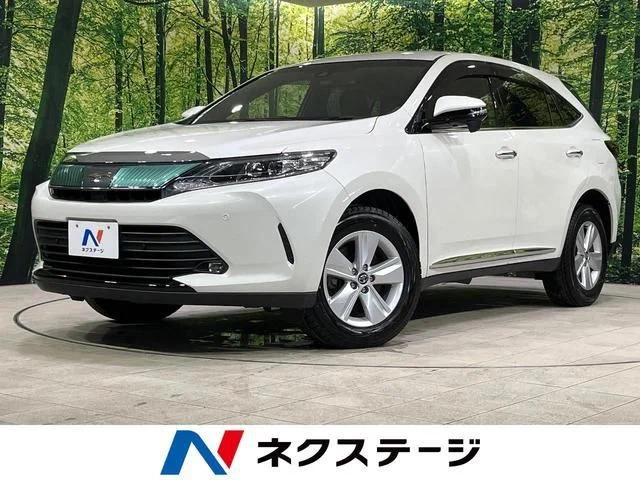Introduction
Importing a motor vehicle into Kenya can feel overwhelming—between regulations, taxes, and endless choices, it’s easy to get lost. But here’s the truth: with the right guidance, importing your dream car doesn’t have to be stressful.
At Enan Motors, we make the entire process smooth, transparent, and hassle-free. Let’s walk you through everything you need to know.

Why Import a Vehicle to Kenya?
Cost Savings
Cars bought locally often come with heavy markups due to dealership costs, taxes, and middlemen fees. By importing directly from Japan, you eliminate unnecessary intermediaries and secure the car at its real value.
Over time, the savings can amount to hundreds of thousands of shillings, making importing the smarter financial choice.
Access to Quality Vehicles
Japanese vehicles have an excellent global reputation for their reliability, long lifespan, and strict maintenance culture. Most cars in Japan undergo regular inspections and servicing, ensuring you get a vehicle in great condition.
When you import, you’re assured of genuine mileage and quality—something that can be difficult to verify when buying locally.
Variety and Custom Choices
The Japanese market offers a vast selection of cars ranging from compact hatchbacks, fuel-efficient hybrids, powerful SUVs, to high-end luxury models. This variety allows you to find a car that fits your lifestyle, preferences, and budget without compromise.
Whether you’re looking for affordability, style, or advanced features, you’re guaranteed to find something that meets your exact needs.
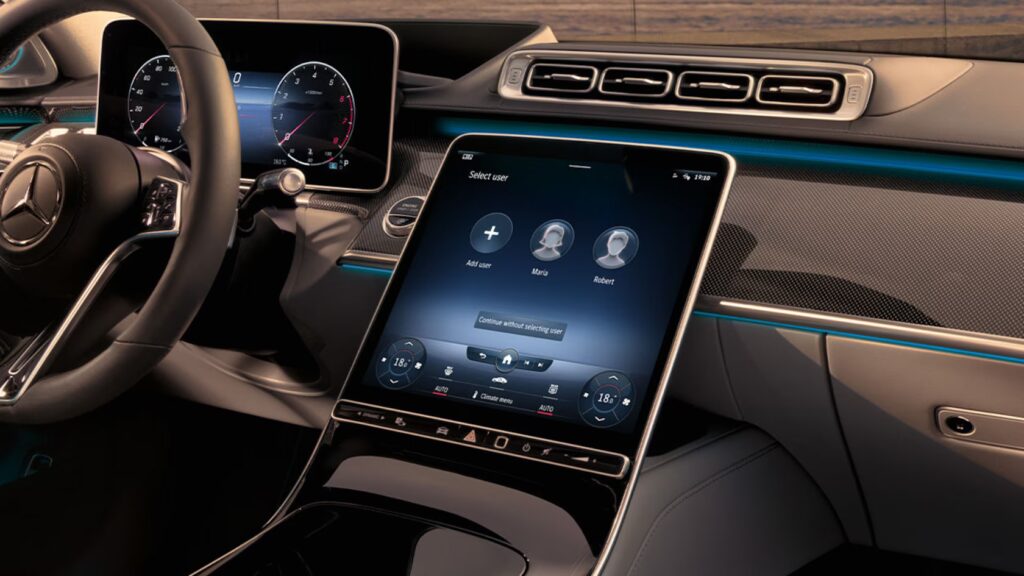
Understanding the Vehicle Importation Process in Kenya
Step 1: Vehicle Selection
The first step in the importation process is choosing the right vehicle that matches your needs and budget. You can select from Japanese car auctions, which often offer better deals, or directly from trusted dealers.
At Enan Motors, we guide you through this stage by helping you compare models, prices, and conditions so you make an informed choice without guesswork.
Step 2: Verification and Auction Sheets
Before making any purchase, it’s essential to verify the vehicle’s history, mileage, and condition through an official auction sheet. Auction sheets contain detailed information, including accident history, repairs, and overall grading of the car.
At Enan Motors, we carefully interpret these documents for you, ensuring you only bid on vehicles that are genuine, reliable, and worth your investment.
Step 3: Shipping and Logistics
Once the car is purchased, it needs to be shipped from Japan to Kenya, usually arriving at the Port of Mombasa. This stage involves handling shipping schedules, insurance, and documentation to ensure the vehicle arrives safely and on time. We manage all logistics on your behalf, giving you peace of mind that your car is being handled professionally from start to finish.
Step 4: Clearing and Registration
When the vehicle arrives in Kenya, it undergoes customs clearance where taxes and import duties are paid. After clearance, the car is registered with the National Transport and Safety Authority (NTSA), and you’re issued number plates and insurance coverage.
At Enan Motors, we take care of the entire clearing and registration process so that once your vehicle is delivered, it’s fully road-ready and legal to drive.

Key Requirements for Importing a Vehicle into Kenya
Age Limit of Vehicles
Kenya has strict regulations regarding the age of imported vehicles. Only vehicles that are 8 years old or newer from the year of manufacture are allowed into the country. This rule helps ensure that cars on Kenyan roads are modern, safe, and efficient, while also protecting the environment and consumers from old, unreliable imports.
Right-Hand Drive Regulations
Kenya follows the right-hand drive (RHD) system, meaning vehicles must have the steering wheel on the right-hand side. Importing left-hand drive (LHD) vehicles is generally prohibited, except for special-use vehicles such as ambulances, fire trucks, or construction machinery.
This regulation is in place to maintain uniformity and safety on Kenyan roads.
Roadworthiness and KEBS Standards
Before any car leaves Japan for Kenya, it must pass a roadworthiness inspection conducted under the Kenya Bureau of Standards (KEBS) guidelines. The inspection checks critical aspects such as brakes, lights, suspension, and general safety features to ensure the car is in good condition.
This process guarantees that imported vehicles meet Kenyan safety standards, giving buyers confidence in the quality of their cars.
Emission Standards
To combat pollution and protect the environment, Kenya enforces emission standards on all imported vehicles. Cars must comply with environmental guidelines by ensuring they do not emit excessive smoke or harmful gases beyond acceptable limits.
This means that older cars with poor emission controls are not allowed, encouraging the importation of cleaner, more fuel-efficient vehicles such as hybrids.

Costs Involved in Importing a Vehicle
CIF (Cost, Insurance, Freight)
The CIF value represents the total cost of purchasing the car in Japan, insuring it during transport, and shipping it to Kenya. It’s the base figure upon which all import duties and taxes are calculated.
Understanding this number is crucial because it sets the foundation for what you’ll eventually pay once the car arrives at the port of Mombasa.
Import Duty and Taxes
In addition to CIF, Kenyan authorities impose several taxes, including import duty, excise duty, VAT, and the railway development levy. These charges can significantly increase the final price of the vehicle if not factored into your budget from the start.
At Enan Motors, we provide a transparent cost breakdown upfront so you won’t be caught by surprise with hidden charges.
Clearing and Forwarding Fees
Once the car arrives in Kenya, it must go through customs clearance. Clearing agents handle all the paperwork, inspections, and logistics involved in releasing your car from the port.
Partnering with reliable agents—like those we work with at Enan Motors—ensures the process is smooth and avoids costly delays.
Registration and Insurance
After clearance, your vehicle must be registered with the NTSA, which includes being issued with Kenyan number plates and a logbook. At this stage, you’ll also need to obtain car insurance before driving legally on Kenyan roads.
Enan Motors assists with both registration and insurance, ensuring that once you receive your car, it’s road-ready and compliant with all legal requirements.
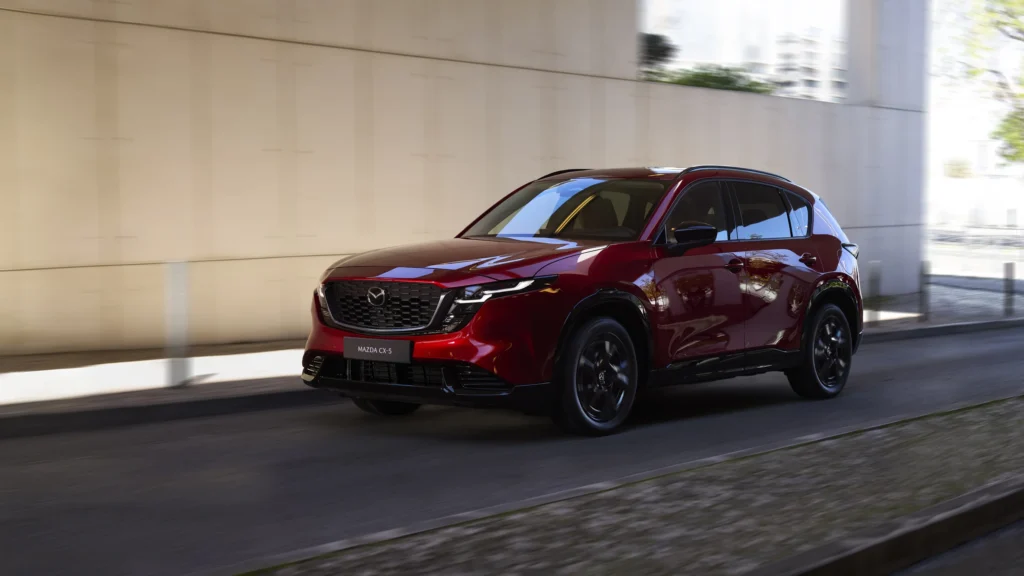
Common Mistakes People Make When Importing Vehicles
Ignoring Auction Sheet Details
Auction sheets are the car’s medical records, revealing its history, condition, and mileage. Skipping this crucial step often results in buyers unknowingly importing cars with accident history, hidden damage, or clocked mileage. At
Enan Motors, we carefully verify every auction sheet to ensure our clients only invest in high-quality vehicles.
Working with Unreliable Agents
One of the biggest mistakes car buyers make is trusting agents who are not licensed or credible. Many of these so-called agents disappear with clients’ money or deliver substandard vehicles.
To avoid such risks, it’s always best to work with a professional and experienced company like Enan Motors, which has a proven track record of safe and successful deliveries.
Underestimating Costs
Many first-time importers only focus on the purchase price of the car and forget additional expenses such as taxes, duties, and registration fees. This often leads to financial strain and stalled imports. At Enan Motors, we walk our clients through a complete cost breakdown so you’re fully prepared for every step of the journey.
Importing Restricted Models
Some vehicles are restricted by Kenyan law, including left-hand drive cars and older vehicles that exceed the 8-year limit. Importing such models results in rejection at the port, leading to massive losses.
Enan Motors helps clients avoid these pitfalls by ensuring all selected cars comply with Kenyan regulations before shipping.
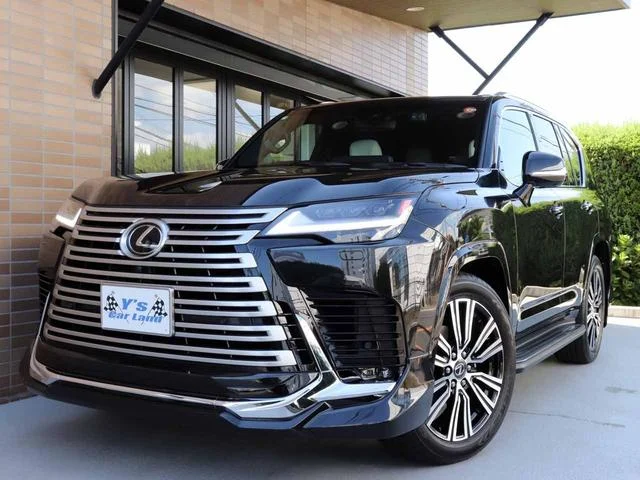
How to Read a Japanese Auction Sheet
What the Symbols Mean
Auction sheets are filled with symbols, codes, and diagrams that indicate the condition of different parts of the car. For instance, “A” may signify scratches, while “U” denotes dents.
Understanding these symbols is essential to know exactly what you’re buying and avoid unpleasant surprises later.
Grading System Explained
Japanese auctions grade vehicles to indicate overall quality. A grade of S means the car is practically new, while R suggests it has been repaired after an accident.
Most buyers prefer grades 3.5 to 4.5, as they balance affordability with excellent condition. Enan Motors helps interpret these grades so you get the best value for your money.
Spotting Hidden Issues
Some cars may look perfect in photos but have hidden problems such as repaint marks, panel replacements, or accident repairs. These issues are usually flagged on the auction sheet but can be missed by inexperienced buyers.
With Enan Motors, we carefully examine every detail on your behalf, ensuring you only bid on vehicles with a clean and trustworthy history.
(Tip: At Enan Motors, we interpret auction sheets for you—so there are no surprises when your car arrives.)
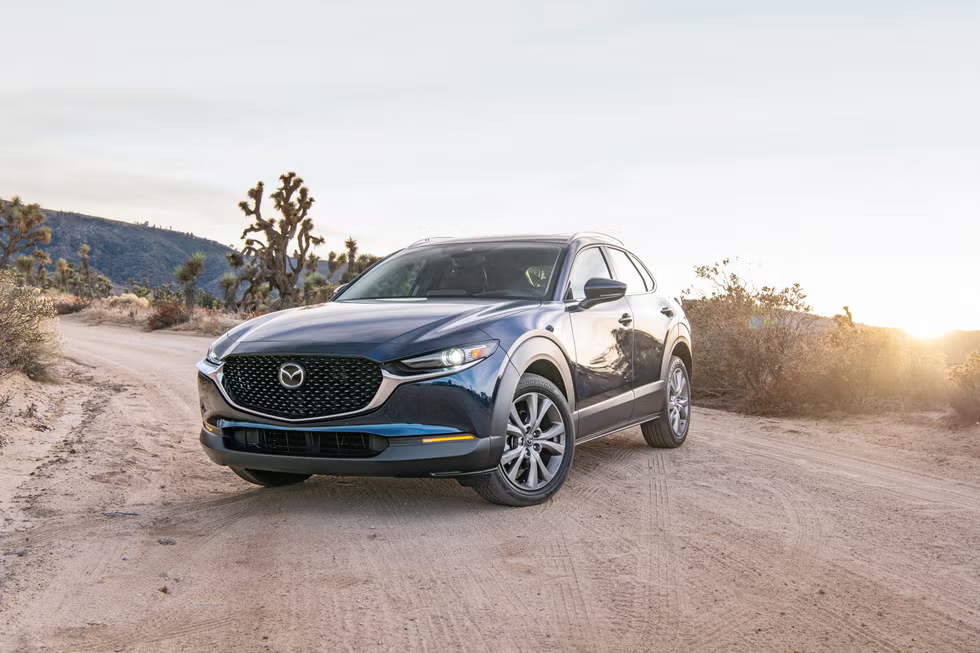
Benefits of Working with an Importation Company
Saves Time and Hassle
Importing a car on your own can be overwhelming, with endless paperwork, regulations, and customs procedures. By working with an experienced importation company, all the heavy lifting is done for you—from sourcing, inspections, shipping, to clearing at the port.
This allows you to sit back and relax while professionals handle the complicated process, ensuring your car arrives without unnecessary delays.
Secure Transactions
The fear of being scammed is one of the biggest concerns when importing vehicles. A professional importation company provides a secure and transparent payment process that guarantees your money is safe.
At Enan Motors, we prioritize trust and accountability, making sure every step of the transaction is documented and risk-free.
Access to Trusted Dealers and Auctions
Not every seller in Japan is reliable, and some may even misrepresent vehicles. Working with an importation company gives you access to verified dealers and reputable auctions where quality and authenticity are guaranteed.
With Enan Motors, you don’t just get a car—you get peace of mind knowing you’re sourcing from the best.
Professional Guidance and Support
From the moment you decide to import a car until the day you receive your keys, a trusted importation company walks with you every step of the way. You’ll have experts to advise you on the best models, interpret auction sheets, and guide you through legal requirements.
At Enan Motors, we make sure our clients never feel alone in the process—we’re your partners from start to finish.
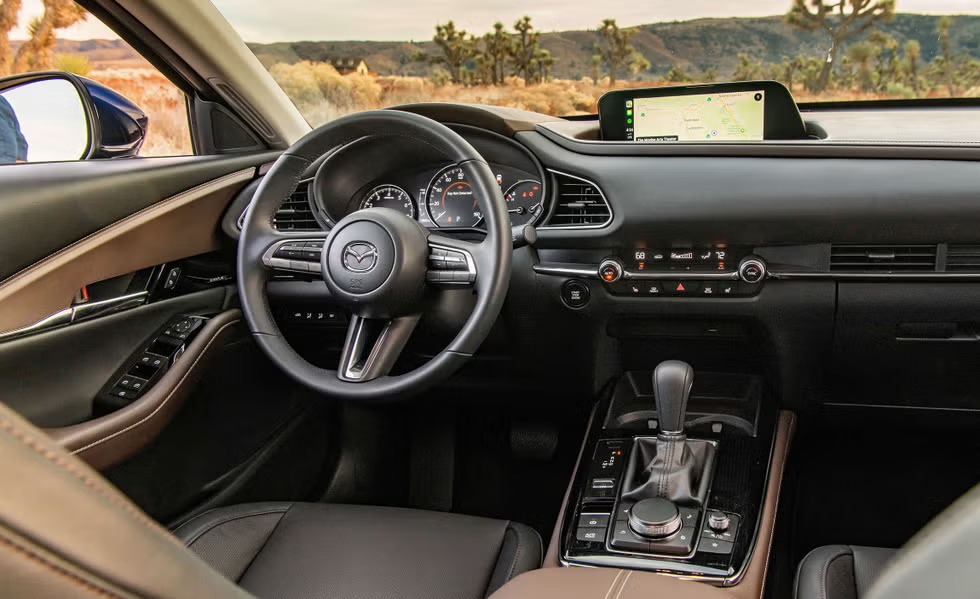
Why Choose Enan Motors for Your Car Importation?
Direct Sourcing from Japan
At Enan Motors, we cut out unnecessary middlemen by sourcing cars directly from Japanese dealers and auctions. This means you get the best price possible while also having access to a wider selection of high-quality vehicles.
Our direct connections ensure you’re buying genuine cars with verified histories.
100% Transparency in Auction Sheets
We believe in honesty and openness, which is why we give you full access to the original auction sheet of your car. This document shows the true condition of the vehicle, so there are no hidden issues or surprises.
With Enan Motors, what you see is exactly what you get.
Proven Track Record of Timely Deliveries
Over the years, we’ve built a reputation for reliability and efficiency. We’ve never missed a delivery deadline, and every car we’ve handled has arrived safely and on time.
Clients choose us because they know we deliver not just cars, but trust and consistency.
Full-Service Support: From Sourcing to Registration
Enan Motors isn’t just about finding you a car—we provide an end-to-end solution. From helping you choose the perfect model, handling payments, organizing shipping, clearing customs, and registering your car with NTSA, we take care of everything.
By the time you receive your vehicle, it’s fully road-ready with plates and insurance.
Best Types of Cars to Import to Kenya
Toyota Models
Toyota remains the most popular choice for Kenyan buyers thanks to its affordability, durability, and availability of spare parts. Models like the Toyota Premio, Toyota Axio, and Toyota Harrier dominate the roads because they are reliable and easy to maintain.
If you want a vehicle that balances cost-effectiveness and longevity, Toyota is a solid choice.
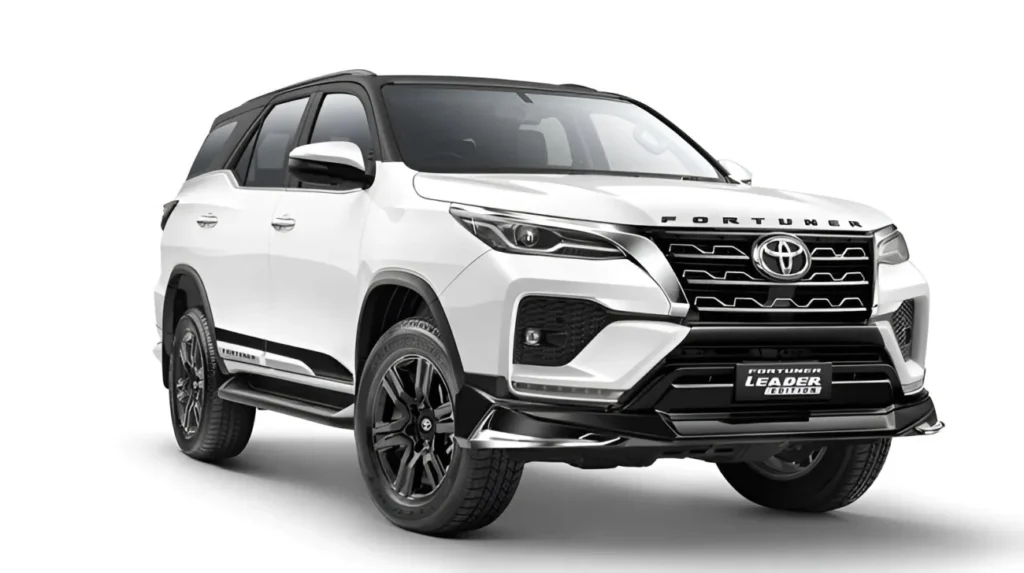
Nissan and Honda Choices
Nissan and Honda vehicles are great options for buyers seeking stylish yet practical cars. Popular models like the Nissan X-Trail, Nissan Note, Honda Fit, and Honda CR-V are loved for their reliability and comfort.
They’re especially appealing to first-time car importers who want a dependable vehicle without stretching their budget.
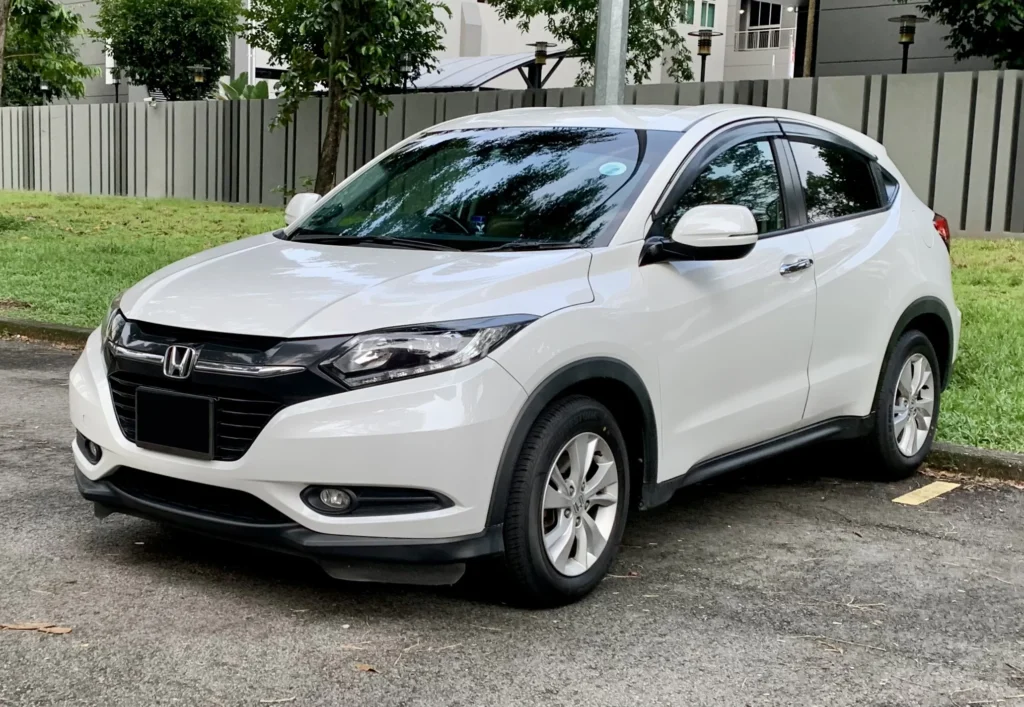
SUVs and Family Cars
For families or drivers who need more space, SUVs such as the Toyota Prado, Subaru Forester, and Nissan X-Trail are excellent picks. These cars handle Kenya’s varied terrain with ease, from city roads to rural areas.
They offer both comfort and functionality, making them ideal for households that need versatility.
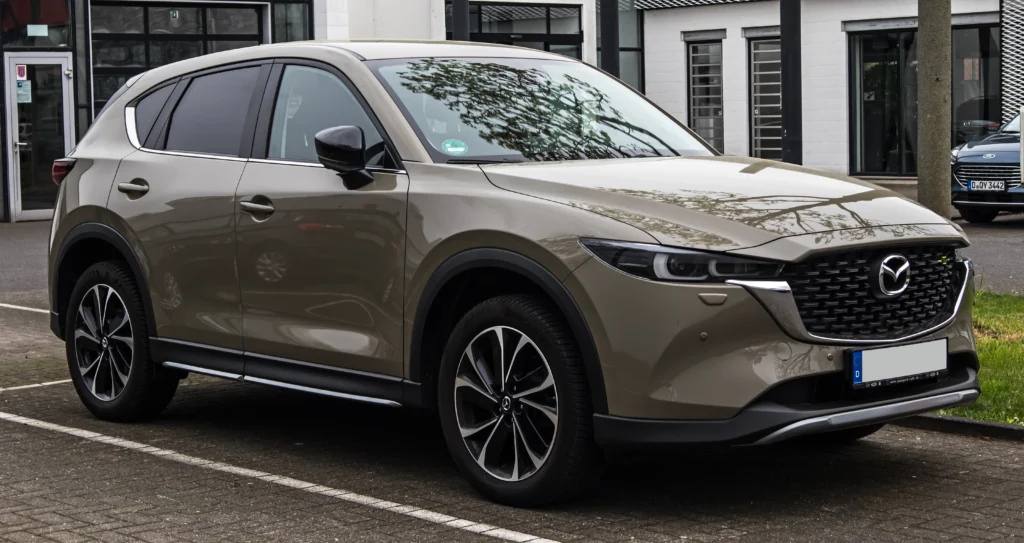
Hybrid and Fuel-Efficient Options
With rising fuel prices, hybrids and other fuel-efficient vehicles are becoming increasingly popular in Kenya. Models like the Toyota Prius, Honda Insight, and Toyota Aqua help you save money at the pump while also being environmentally friendly.
Importing a hybrid today not only reduces your running costs but also prepares you for the future as Kenya moves toward greener transportation.
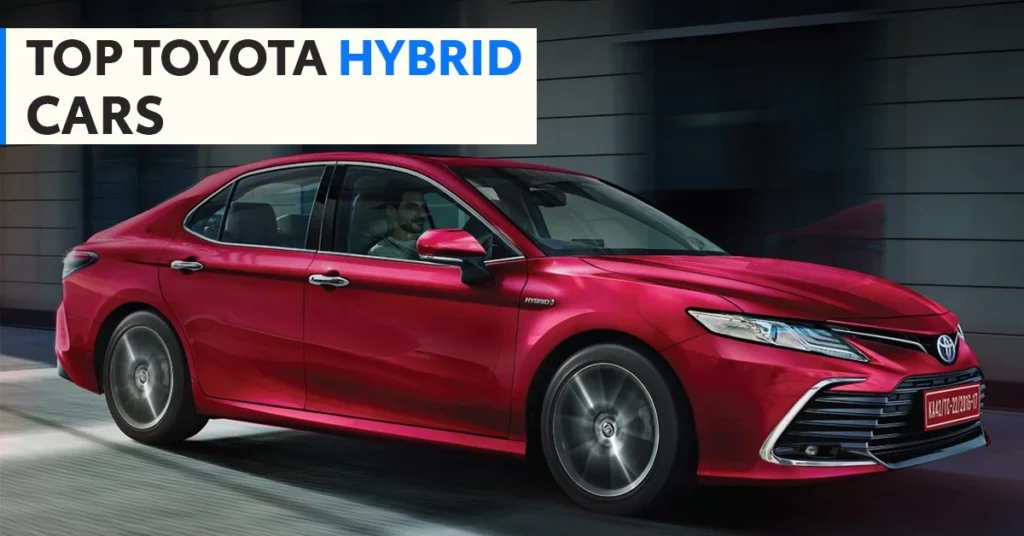
Timeline: How Long Does the Process Take?
Shipping Duration
On average, shipping a car from Japan to Kenya takes between 4 to 6 weeks, depending on shipping schedules and vessel availability. The car is loaded into a ship and transported to the Port of Mombasa, where it’s received upon arrival.
At Enan Motors, we keep you updated throughout this journey so you always know where your car is and when to expect it.
Clearing Time in Kenya
Once your car arrives at the port, the clearing and registration process typically takes 1 to 2 weeks. This includes customs inspections, payment of duties and taxes, KEBS verification, and NTSA registration. With our expertise,
Enan Motors ensures the process moves as quickly and smoothly as possible, avoiding unnecessary delays.
Tips for First-Time Car Importers
Work with Licensed Importers
The car importation industry has its fair share of fraudsters who take advantage of unsuspecting buyers. Always verify that your importer is licensed and has a proven track record.
By choosing Enan Motors, you’re guaranteed professionalism, reliability, and complete peace of mind.
Always Verify Auction Sheets
Never gamble with your hard-earned money by purchasing a car without checking the auction sheet. These documents reveal the car’s condition, accident history, and mileage.
At Enan Motors, we analyze and explain the sheets for you, so you know exactly what you’re buying.
Budget Beyond the Car Price
Many first-time buyers assume that the only cost is the price of the car in Japan. However, taxes, import duty, shipping, clearing fees, and insurance all add to the total.
That’s why Enan Motors provides a full cost breakdown upfront—so there are no surprises along the way.
The Future of Vehicle Importation in Kenya
Growing Popularity of Hybrids and EVs
Kenyan buyers are increasingly turning to hybrids and electric vehicles (EVs) due to rising fuel costs and environmental concerns. Cars like the Toyota Prius, Toyota Aqua, and Nissan Leaf are becoming more common on Kenyan roads.
At Enan Motors, we’re already helping clients source these eco-friendly options directly from Japan.
Changing Government Regulations
Import rules are regularly updated by KEBS, KRA, and NTSA to align with safety and environmental standards. Staying informed is crucial to avoid importing restricted or non-compliant vehicles.
Working with Enan Motors means you’ll always stay on the right side of the law—we handle compliance for you.
Step-by-Step Guide: Importing with Enan Motors
Free Consultation and Vehicle Selection
It all starts with a simple consultation. You tell us your budget, preferred car model, and specifications, and we guide you to the best available options in the Japanese market.
This ensures you’re only looking at cars that truly match your needs.
Bidding at Auction or Sourcing from Dealers
Once we know what you want, we help you bid in Japanese auctions or buy directly from trusted dealers.
With our expertise, you’re assured of getting competitive prices and genuine vehicles.
Secure Payment Process
Payments are handled with complete transparency and security. We provide clear documentation, receipts, and proof of transaction at every stage.
Your money is safe with Enan Motors, and you’ll never have to worry about scams.
Shipping, Clearing, and Delivery to Your Door
After purchase, we arrange shipping, insurance, customs clearance, registration, and delivery. From the port of Mombasa all the way to your doorstep, we take care of every detail.
By the time you receive your vehicle, it’s fully registered, insured, and ready to hit Kenyan roads.
Conclusion
Importing a vehicle to Kenya doesn’t have to be confusing.
With Enan Motors, you get transparency, security, and peace of mind.
From sourcing your dream car in Japan to delivering it to your doorstep in Kenya, we’ve got you covered.
Why risk your hard-earned money when you can work with a trusted partner?
Let’s make your dream car a reality today.

FAQs
1. How long does it take to import a car to Kenya?
Typically 6–8 weeks including shipping and clearing.
2. Can I import a left-hand drive vehicle?
No, unless it’s for special use (e.g., ambulances, construction).
3. What’s the maximum age of cars I can import to Kenya?
Eight years from the year of manufacture.
4. How do I know if an auction sheet is genuine?
Work with licensed importers like Enan Motors—we only source from authentic Japanese auctions.
5. Why should I choose Enan Motors over other importers?
Because we guarantee transparency, safe payments, and a proven track record of timely deliveries.

